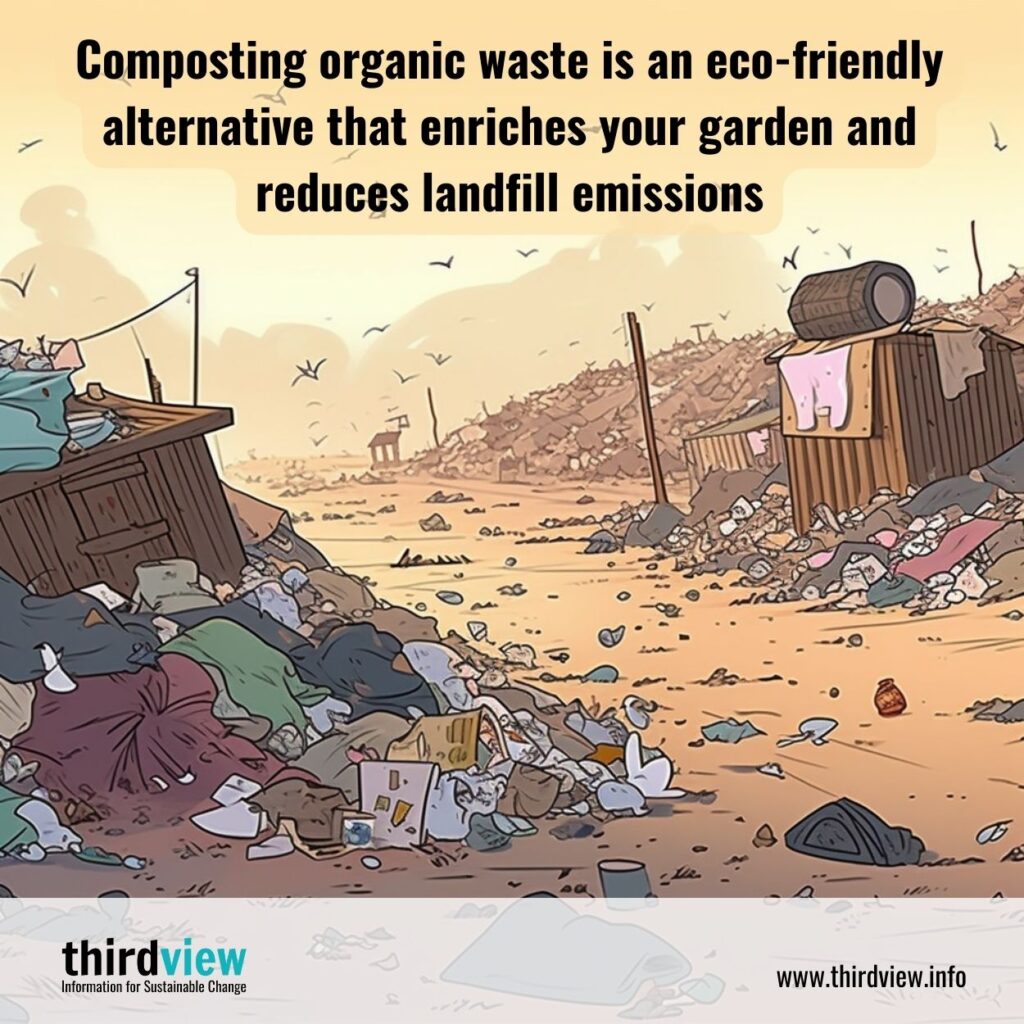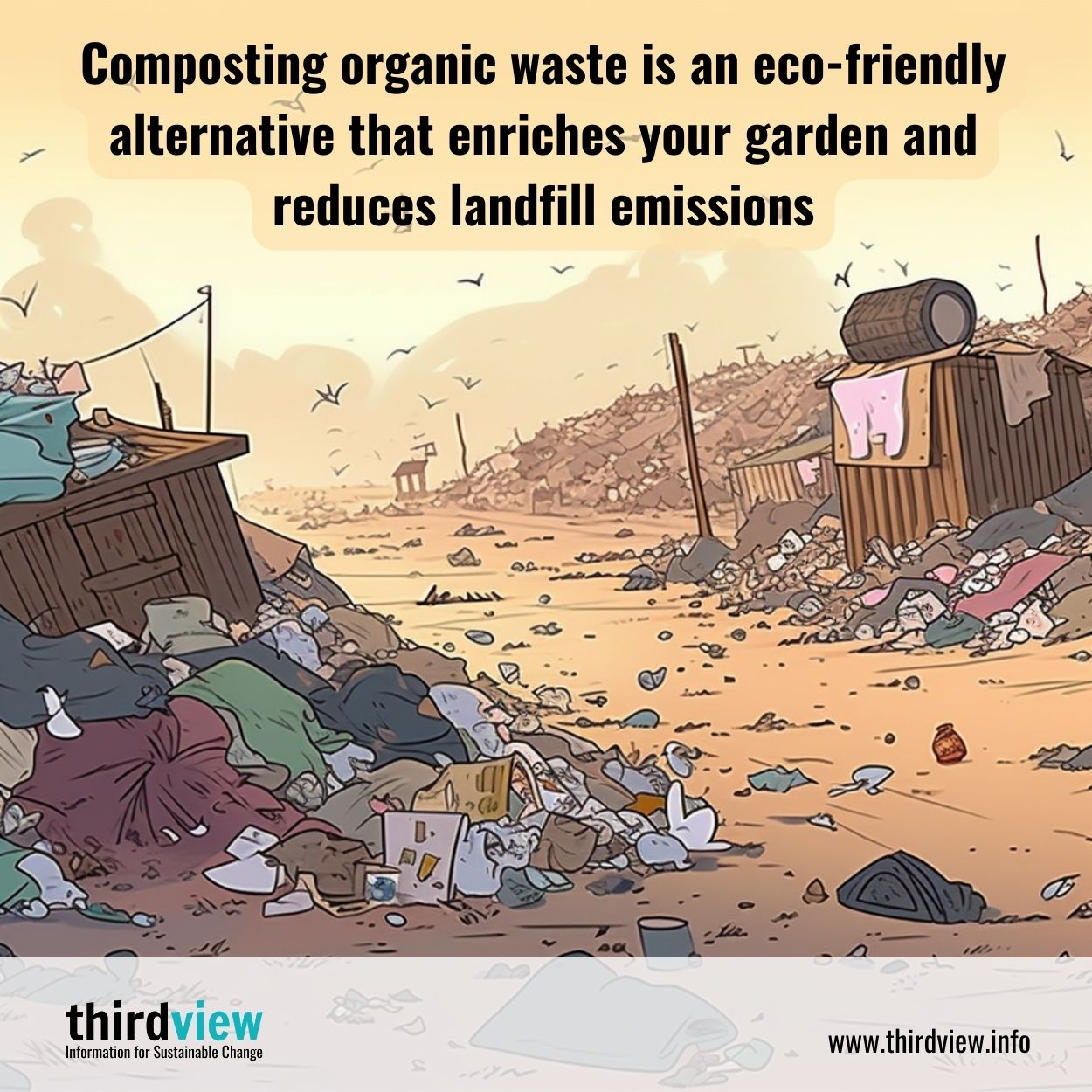There is no denying the fact that waste is a major concern in the world today. Every individual has a role to play in reducing waste generation, but it can be overwhelming to know where to start. In this blog post, we will be outlining five lesser-known simple steps to reduce waste generation. Following these steps not only benefits the environment but can also save you money in the long run. So, let’s dive right in!
Say No to Paper Towels
Paper towels are a common household item that ends up in the trash after a single use. Instead of constantly buying and disposing of this paper product, consider switching to cloth napkins and towels. These alternatives can be washed and reused multiple times, thus reducing waste generation. Plus, they are more durable and cost-effective in the long run.
Compost Organic Waste
Organic waste, such as food scraps, can be turned into compost instead of being thrown into the garbage. Composting is a natural process that breaks down organic materials into nutrient-rich soil. These nutrients can be used to enrich your garden, reducing the need for chemical fertilizers. Composting also reduces methane emissions from landfills, making it an environmentally friendly alternative.
Take care of your electronics
Electronic waste is another major contributor to waste generation. Always take care of your electronics and try to repair them instead of replacing them. You can also donate or recycle your electronics to avoid them from ending up in landfills.
Choose Reusable Containers
Single-use containers, such as plastic bags and water bottles, contribute to waste generation. Instead of buying single-use containers, invest in reusable ones. Reusable water bottles, shopping bags, and food containers are readily available and can be used multiple times. These small changes can make a significant impact on waste reduction.
Repurpose Items
Before tossing old items away, consider repurposing them. Old clothes can be turned into rags, or glass jars can be used as storage containers. Repurposing items not only reduces waste generation but also saves money as you don’t have to constantly replace items.
Incorporating these small changes into your daily routine can have a significant impact on the environment and your wallet. Remember, every little bit counts! Let’s take care of our planet, one step at a time.


